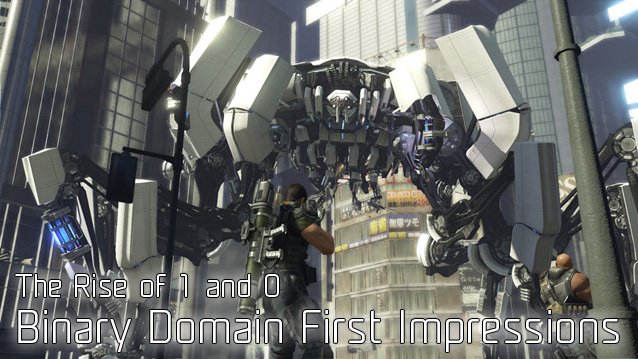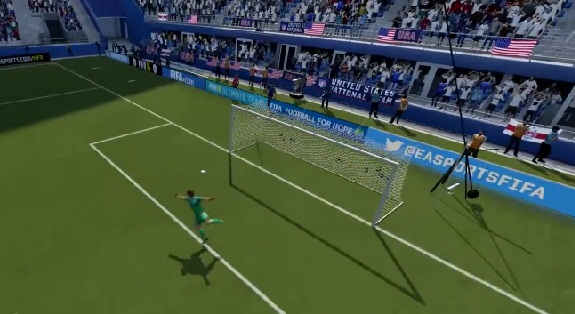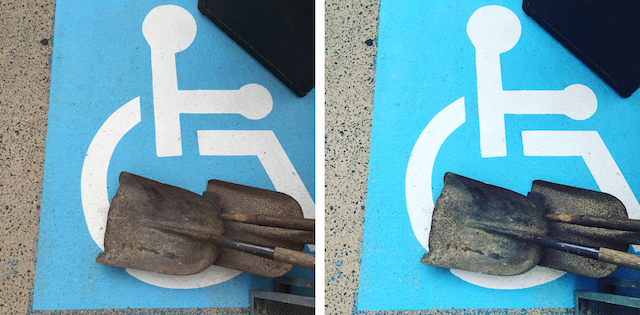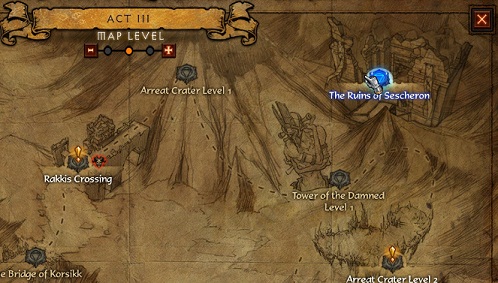

Voiceless and dressed to kill, Red stands over a corpse. "Go on," the green and gold sword whispers, sticking out of the the body at her feet. "Pull." And with a tug, you're introduced to the Transistor, a powerful weapon with a voice that guides you through the stylish, robot-infested city of Cloudbank. It's a futuristic world where the streets shine with electricity and computer terminals every few hundred feet let you vote on the weather. It's these two elements--the sword and the city--that represent the highs and lows of Transistor, a game that always feels a moment away from brilliance.
Cloudbank is under siege by the Process, a malicious group of cool-looking robotic enemies that appear to have come off the same assembly line as GLaDOS. Led by the mysterious Camerata, the AI is taking apart the city, and Red is the only one in their way. It's a tall order for the heroine, who has more experience singing into a microphone than wielding a weapon, but she's not alone--in her hands is a talkative blade that looks like a hybrid USB key/Buster Sword, giving her the power to face them head-on. It's a complex tale and a curious world, but one that's improved greatly by the voice of her blade.
Like the narrator in Supergiant's last game, Bastion, the Transistor's words follow you everywhere, responding to your actions and guiding you along the way. Red might be the hero of Transistor, but she's flat compared to the voice emanating from your sword. Go the wrong way and he'll pipe up, letting you know there's nothing there for you; look at a poster and the wall and he'll give you its history. You'll learn about both characters by the end of the six-hour campaign and though you'll like them both, you'll remember the voice in the sword for much longer.
If you hold the left bumper on the controller, Red stops what she's doing to hum along to the game's soundtrack. There's a dedicated hum button. All it does is hum. A spotlight shines from the sky, everything gets saturated, and she hums. It's totally worthless from a gameplay perspective, but I'll be damned if I didn't do it once every few minutes anyway.
The Transistor provides context for a world so futuristic it sometimes feels alien. Cloudbank is beautiful, with neon lights and a unique aesthetic. Everything from the streets to the buildings are cool and sleek, creating a visual style you haven't seen before. But despite constant reminders that Cloudbank was once a bustling metropolis, it never really feels anything like a city. Its more an assembly of rectangles and empty storefronts. That could be intentional, and there's hints at the sterilized future inspiring a vapid society, but it doesn't help to create a memorable experience. I can't really recall more than one or two locations in the game--they all looked so similar it's hard to differentiate any of it.
As you progress through Cloudbank you'll be assaulted by lore--every skill you pick up is attached to a character, and the more you use it the more you find out about their role in society. The Transistor will regularly dispense information, letting you know how things used to be before the robotic Process started disassembling the city. Red can interact with objects all over the world, learning about their history and meaning, but despite that, it feels strangely hollow. Cloudbank fails to rise above feeling like an assortment of skirmishes separated by stylish hallways.




 Interview With Brian Fargo: Wasteland 2, Torment: Tides of Numenera, and Bards Tale IV
Interview With Brian Fargo: Wasteland 2, Torment: Tides of Numenera, and Bards Tale IV How Instagram Filters Work, And Can You Tell The Difference?
How Instagram Filters Work, And Can You Tell The Difference? Battlezone Wiki – Everything you need to know about the game .
Battlezone Wiki – Everything you need to know about the game . Diablo 3: Patch 2.3.0 New Zone, objects and season Features
Diablo 3: Patch 2.3.0 New Zone, objects and season Features GTA V Online PC Characters and Progress Transfer Guide: Transfer From PS4, XB1, PS3 or Xbox 360 To PC
GTA V Online PC Characters and Progress Transfer Guide: Transfer From PS4, XB1, PS3 or Xbox 360 To PC